 Nov 3, 2023
Four researchers from UCLouvain will attend IETF118 in Prague. IETF meetings are important for researchers who develop or enhance Internet protocols because they encourage interactions with engineers who deploy these protocols at a large scale. At IETF118, UCLouvain contributions will focus on QUIC, TCP, TLS and BGP.
Nov 3, 2023
Four researchers from UCLouvain will attend IETF118 in Prague. IETF meetings are important for researchers who develop or enhance Internet protocols because they encourage interactions with engineers who deploy these protocols at a large scale. At IETF118, UCLouvain contributions will focus on QUIC, TCP, TLS and BGP.
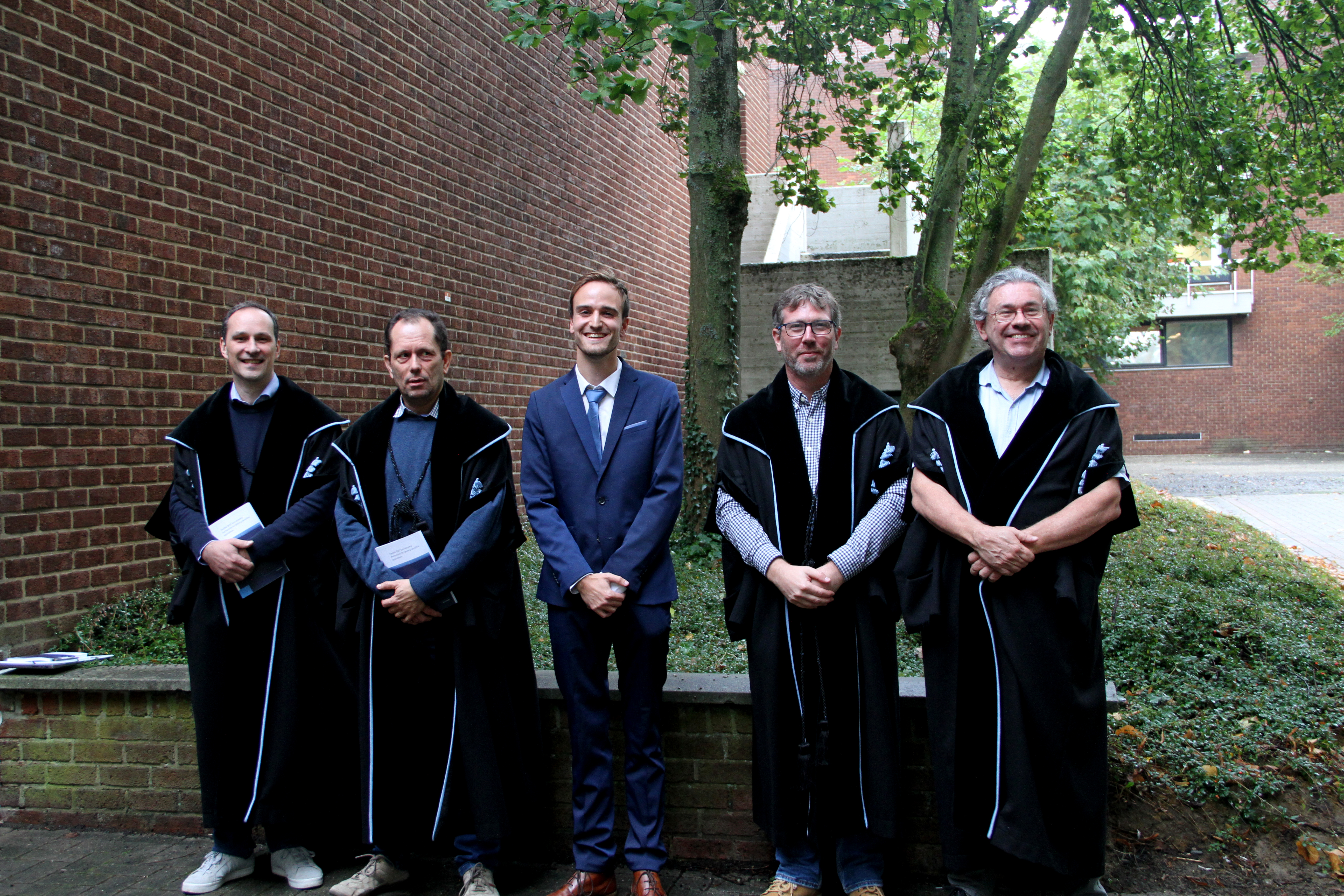 Oct 12, 2023
Transport protocols such as TCP cope with packet losses by using acknowledgments and retransmissions. This technique is also used by recent protocols such as QUIC. Using retransmissions is the best approach to cope with packet losses from a bandwidth viewpoint, but they cause increases in delays and can affect latency sensitive applications.
Oct 12, 2023
Transport protocols such as TCP cope with packet losses by using acknowledgments and retransmissions. This technique is also used by recent protocols such as QUIC. Using retransmissions is the best approach to cope with packet losses from a bandwidth viewpoint, but they cause increases in delays and can affect latency sensitive applications.
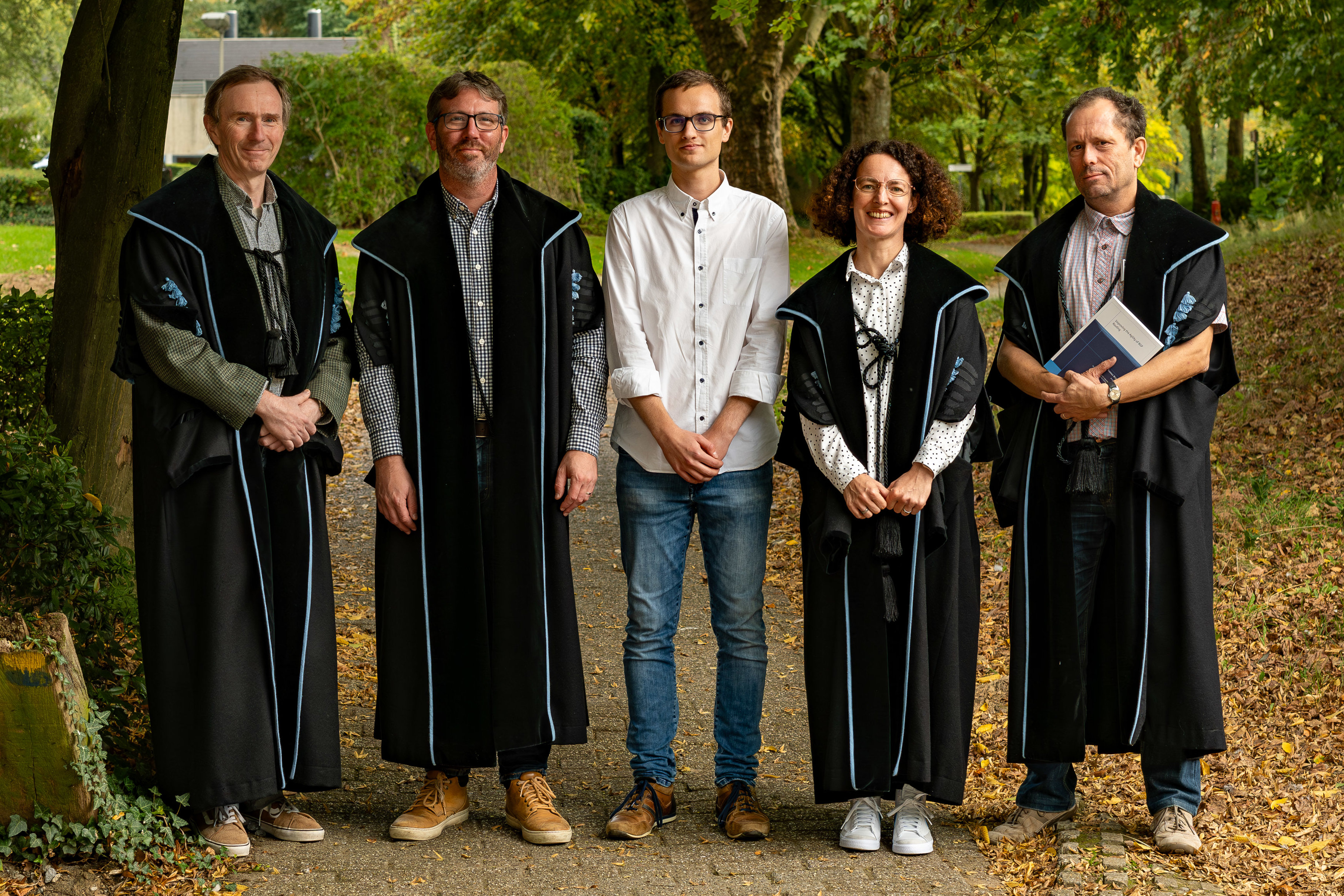 Oct 4, 2023
Researchers of UCLouvain’s IP Networking Lab regularly contribute to different Internet protocols. During the last four years, Thomas Wirtgen has acquired a strong expertise in routing protocols. These protocols play a important role in the Internet since they control the paths that packet follows. There are two main classes on unicast routing protocols: (i) the intradomain routing protocols such as IS-IS and OSPF that are used inside enterprise and ISP networks and (ii) the Border Gateway Protocol (BGP) that is used to exchange routes between networks belonging to different companies. BGP is the glue that makes the Internet work.
Oct 4, 2023
Researchers of UCLouvain’s IP Networking Lab regularly contribute to different Internet protocols. During the last four years, Thomas Wirtgen has acquired a strong expertise in routing protocols. These protocols play a important role in the Internet since they control the paths that packet follows. There are two main classes on unicast routing protocols: (i) the intradomain routing protocols such as IS-IS and OSPF that are used inside enterprise and ISP networks and (ii) the Border Gateway Protocol (BGP) that is used to exchange routes between networks belonging to different companies. BGP is the glue that makes the Internet work.
 Aug 23, 2023
One of our recent publications in the SIGCOMM Computer Communication
Review (CCR) journal, “The Packet Number Space Debate in Multipath QUIC”,
has been selected to be part of the “Best of CCR” session at the
upcoming ACM SIGCOMM 2023 conference.
Let us introduce in this blog post the context in which that work
relates and the impact it had regarding the standardisation effort of
Multipath QUIC at the IETF.
Aug 23, 2023
One of our recent publications in the SIGCOMM Computer Communication
Review (CCR) journal, “The Packet Number Space Debate in Multipath QUIC”,
has been selected to be part of the “Best of CCR” session at the
upcoming ACM SIGCOMM 2023 conference.
Let us introduce in this blog post the context in which that work
relates and the impact it had regarding the standardisation effort of
Multipath QUIC at the IETF.
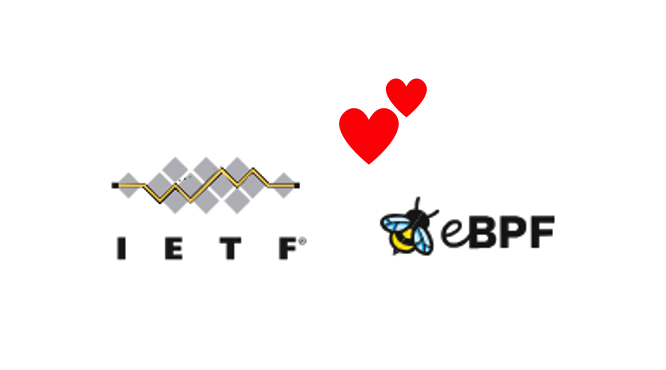 Jul 11, 2023
In 1992, Steven MacCanne and Van Jacobson proposed the BSD Packet
Filter
as an efficient technique to implement flexible packet filters in the
tcpdump packet capture tool. In a nutshell,
BPF specifies a small instruction set which be used to write programs
that are executed on the captured packets to determine which packets can
be matched. BPF is the standard solution to build powerful packet
filters in tcpdump and related tools.
Jul 11, 2023
In 1992, Steven MacCanne and Van Jacobson proposed the BSD Packet
Filter
as an efficient technique to implement flexible packet filters in the
tcpdump packet capture tool. In a nutshell,
BPF specifies a small instruction set which be used to write programs
that are executed on the captured packets to determine which packets can
be matched. BPF is the standard solution to build powerful packet
filters in tcpdump and related tools.
 May 12, 2023
From April 17 to 19, the NSDI23’ conference was held in Boston, during which we presented our paper titled “xBGP: Faster Innovation in Routing Protocols.”
In this post we will explore the outlines of xBGP.
May 12, 2023
From April 17 to 19, the NSDI23’ conference was held in Boston, during which we presented our paper titled “xBGP: Faster Innovation in Routing Protocols.”
In this post we will explore the outlines of xBGP.
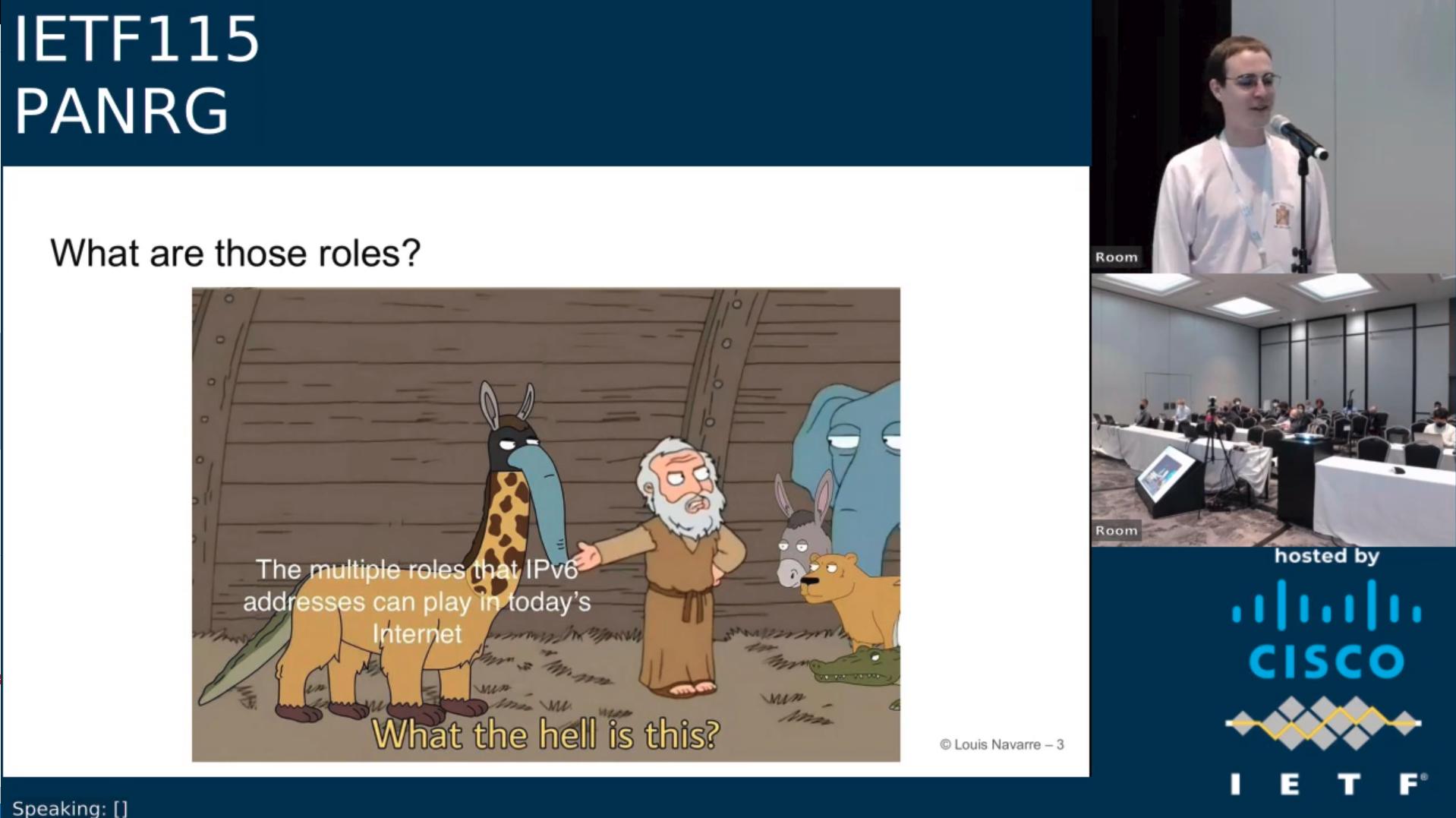 Apr 13, 2023
While IPv6 has been standardised in 1998 and its deployment is progressing to overcome the exhaustion of IPv4 addresses, the way IP addresses are used today remains identical to early days of the Internet. We argue that several changes in the Internet infrastructure in the last decade combined with the large addressing space of IPv6 enables opportunities in privacy, mobility, server performance, multihoming, segment routing, differentiated routing and multicast.
Apr 13, 2023
While IPv6 has been standardised in 1998 and its deployment is progressing to overcome the exhaustion of IPv4 addresses, the way IP addresses are used today remains identical to early days of the Internet. We argue that several changes in the Internet infrastructure in the last decade combined with the large addressing space of IPv6 enables opportunities in privacy, mobility, server performance, multihoming, segment routing, differentiated routing and multicast.
 Apr 12, 2023
What is the life cycle of Resource Public Key Infrastructure (RPKI) data used to secure Internet routing? More specifically, how long does a Route Origin Authorization (ROA) take to propagate and how quickly does it actually affect Internet routing and reachability?
These are questions we would love to have answers to, given that changes on the RPKI management plane can impact how traffic flows. To answer these questions we dissect the stages in the life of RPKI data.
Apr 12, 2023
What is the life cycle of Resource Public Key Infrastructure (RPKI) data used to secure Internet routing? More specifically, how long does a Route Origin Authorization (ROA) take to propagate and how quickly does it actually affect Internet routing and reachability?
These are questions we would love to have answers to, given that changes on the RPKI management plane can impact how traffic flows. To answer these questions we dissect the stages in the life of RPKI data.
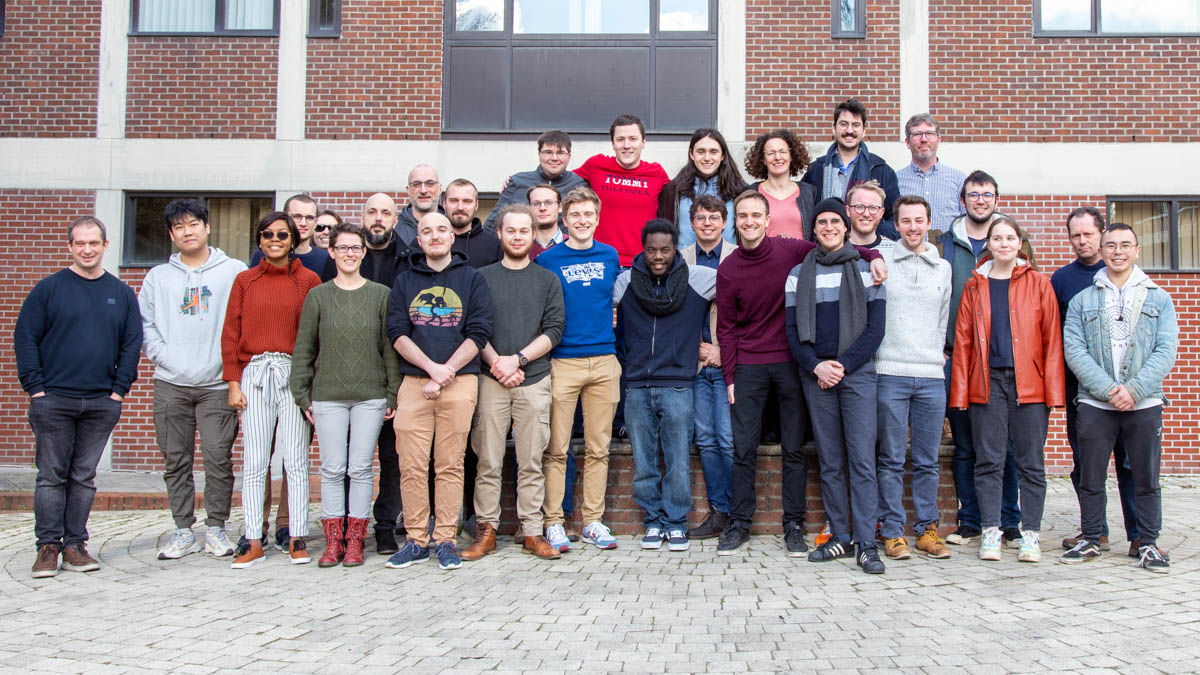 Feb 27, 2023
The ICTEAM institute at UCLouvain has recently hired two new academics, for a total of 6 academics and more than 23 PhDs and Post-docs working on the fields of Networking, Cybersecurity and Systems. This blog has been created to highlight our research and the expertise pole we built in those fields.
This blog will outline our most relevant publications.
Checkout the blog presentation page to know more about our teams and our work.
Feb 27, 2023
The ICTEAM institute at UCLouvain has recently hired two new academics, for a total of 6 academics and more than 23 PhDs and Post-docs working on the fields of Networking, Cybersecurity and Systems. This blog has been created to highlight our research and the expertise pole we built in those fields.
This blog will outline our most relevant publications.
Checkout the blog presentation page to know more about our teams and our work.
 Sep 1, 2022
Retina enables high-speed network forensics by building a binary tailored to a specific experiment written in Rust.
It provides convenient filtering capabilities to easily answer questions such as “Is the TLS SNI really random?” or “How many TLS handshake are destined to Netflix?”.
Sep 1, 2022
Retina enables high-speed network forensics by building a binary tailored to a specific experiment written in Rust.
It provides convenient filtering capabilities to easily answer questions such as “Is the TLS SNI really random?” or “How many TLS handshake are destined to Netflix?”.









